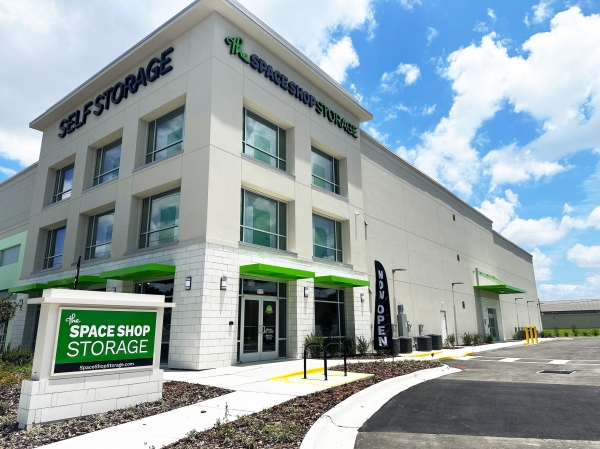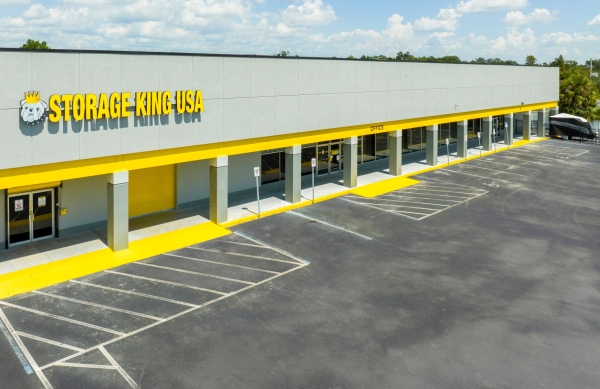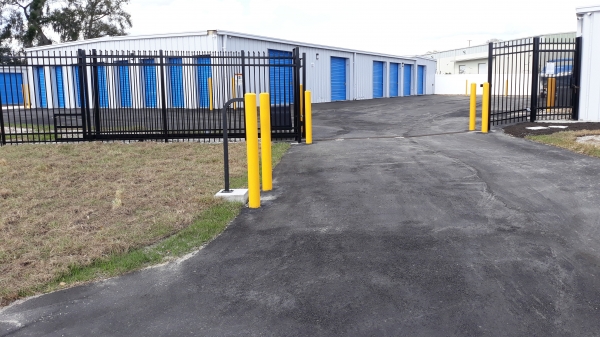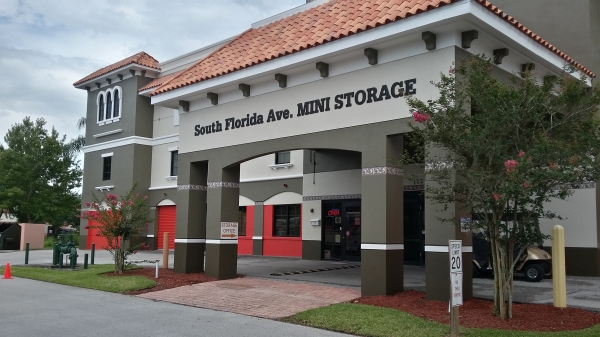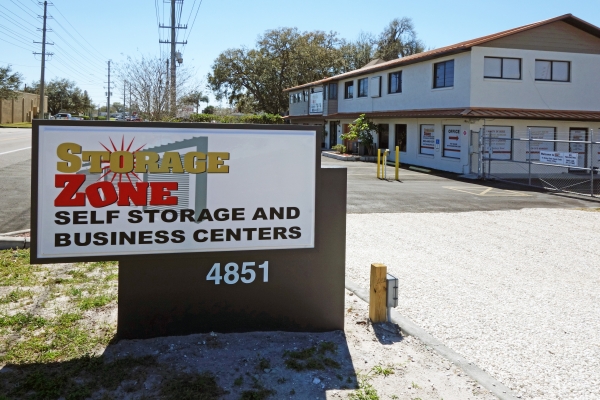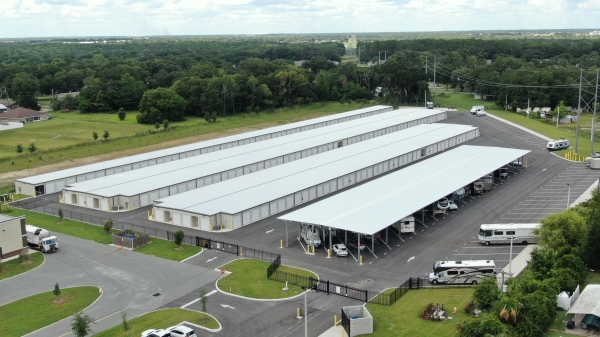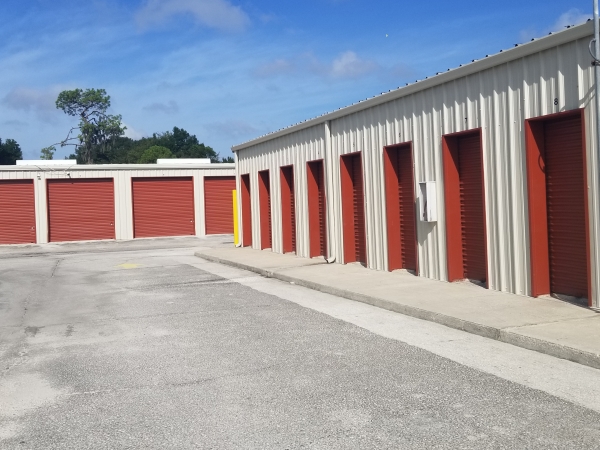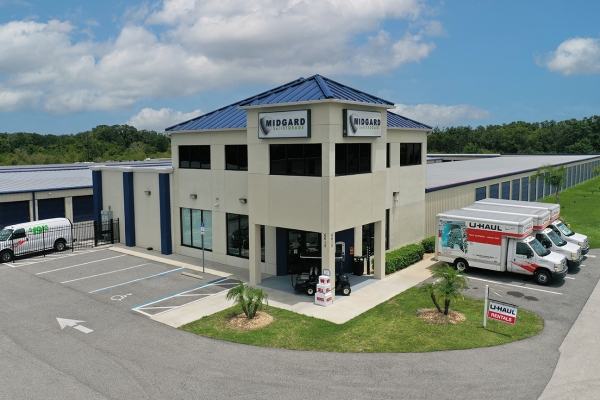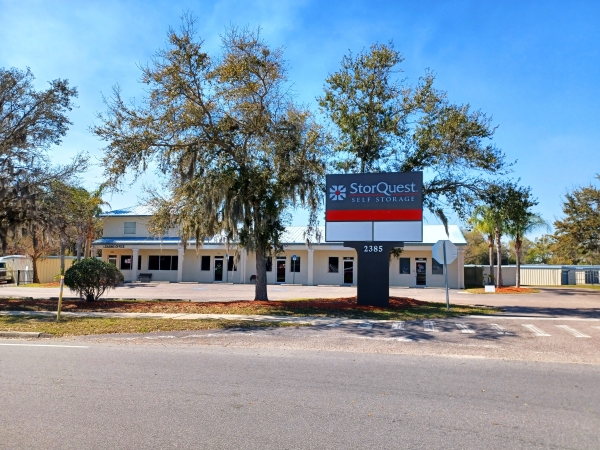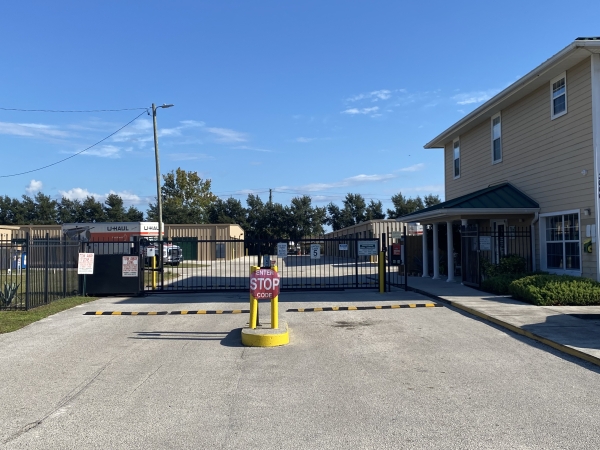In Lakeland, the combination of a growing population and a mix of residential and commercial spaces creates a landscape where efficient storage solutions are essential. The city’s central location in Florida, with its proximity to major highways, makes it a convenient hub for both families and businesses needing extra space for seasonal items, recreational gear, or inventory. As residents embrace an active lifestyle, the demand for accessible and secure storage options continues to rise, particularly for those looking to declutter their homes or manage business supplies.
With the warm climate of Lakeland, climate-controlled units are particularly important for protecting belongings from heat and humidity. Whether you are a homeowner needing to store furniture during a move or a business owner looking for a secure place to keep inventory, the storage facilities in Lakeland offer tailored amenities to meet these needs. Features such as drive-up access and 24-hour availability ensure that residents can easily access their belongings whenever necessary, making storage a seamless part of their daily lives.
How Much Is a Storage Unit in Lakeland, FL?
Here’s what you can expect to pay for Lakeland storage units:
| 5’x5’ | $40 |
| 10’x10’ | $108 |
| 10’x15’ | $151 |
| 10’x20’ | $185 |
| 10’x30’ | $247 |
Lakeland, FL Storage Unit Amenities
Common storage unit amenities in Lakeland include:
- Climate Controlled
- 1st Floor
- Drive Up Access
- Video Cameras on Site
- 24-Hour Access
- Free Truck Rental
- Elevator
- Alarm in Unit
What to Look for in a Storage Unit in Lakeland
Climate-Controlled Units
Given Lakeland’s warm climate, climate-controlled units are crucial for safeguarding sensitive items from heat and humidity. These units help prevent damage to furniture, electronics, and important documents, ensuring that belongings remain in optimal condition.
Convenient Access
With the city’s layout and accessibility, look for storage facilities that offer drive-up access and 24-hour availability. This convenience is particularly beneficial for those who need to retrieve or store items outside of regular business hours, making it easier to manage personal or business-related tasks.
Security Features
Ensuring the safety of stored items is paramount. Choose facilities that provide robust security measures, including video surveillance, gated access, and individual unit alarms. These features offer peace of mind, knowing that your belongings are well-protected.
Additional Services
Many storage facilities in Lakeland offer additional services such as free truck rentals, which can significantly ease the moving process. This feature is especially advantageous for residents and businesses looking to transport items without incurring extra costs.
Frequently Asked Questions
How Much Is a Storage Unit in Lakeland, FL?
Storage unit prices in Lakeland typically range from $40 to $247 per month, depending on the size and features of the unit. Smaller units, like 5’x5′ spaces, are more affordable, while larger or climate-controlled units are priced higher.
Is Climate-Controlled Self-Storage Necessary in Lakeland?
Yes, climate-controlled units are highly recommended in Lakeland due to the warm temperatures and humidity levels. Items such as electronics, wooden furniture, and important documents benefit from temperature and humidity control to prevent damage.
What Size Storage Unit Do I Need?
- 5×5 or 5×10: Ideal for small personal items, seasonal gear, or dorm room furniture.
- 10×10: Fits the contents of a one-bedroom apartment, including furniture and boxes.
- 10×20 or larger: Suitable for multi-bedroom homes, vehicles, or business inventory.
How Can I Save on a Storage Unit in Lakeland?
Maximize savings with promotions such as free trial periods or lower rates for extended agreements. Additionally, consider units in less-central locations, which may offer lower rates, or share a larger unit with a friend to reduce costs.
Does My Insurance Cover Items in Storage?
Stored belongings are often covered under renters’ or homeowners’ policies, but coverage limits can vary. Checking with your insurance provider about coverage and assessing the need for supplemental storage insurance is wise.
